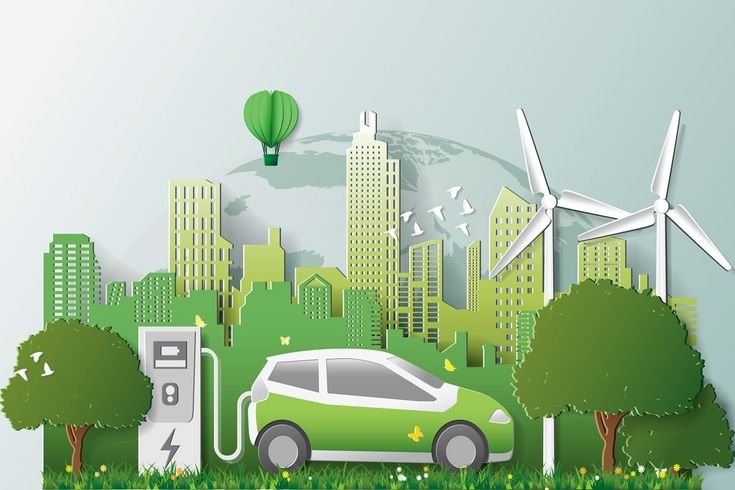The global shift towards electric vehicles (EVs) is accelerating, driven by the need to reduce carbon emissions, combat climate change, and achieve sustainable mobility. India, as one of the world’s largest automotive markets, is also embracing this transition. But the question remains: Is India ready for electric vehicles? To answer this, we need to explore several key areas, including infrastructure, government policies, market readiness, and societal acceptance.
Infrastructure: The Backbone of EV Adoption
Charging Stations
One of the biggest challenges for EV adoption in India is the development of an extensive and reliable charging infrastructure. While the number of charging stations is steadily increasing, it is still insufficient to support mass adoption. The government and private sector are investing in expanding this network, but more needs to be done to ensure that EV owners have convenient access to charging points across urban and rural areas.
Electric Grid Capacity
Another critical factor is the capacity and stability of India’s electric grid. With the expected increase in EVs, the demand for electricity will surge. Ensuring that the grid can handle this additional load without compromising reliability is essential. Investment in grid modernization and the integration of renewable energy sources can help address these challenges.
Government Policies and Incentives
FAME India Scheme
The Indian government has launched several initiatives to promote EV adoption, with the Faster Adoption and Manufacturing of Hybrid and Electric Vehicles (FAME) India scheme being the most prominent. Under this scheme, incentives are provided for the purchase of electric vehicles, and subsidies are offered for the development of charging infrastructure.
Tax Benefits and Subsidies
Various state governments also offer tax benefits, subsidies, and exemptions on road tax and registration fees for electric vehicles. These incentives make EVs more affordable and attractive to consumers, encouraging them to make the switch.
Long-term Vision
India’s long-term vision for EVs is outlined in the National Electric Mobility Mission Plan (NEMMP) 2020 and the Automotive Mission Plan 2026. These policies aim to achieve significant penetration of electric vehicles in the market by promoting local manufacturing, research and development, and creating a favorable ecosystem for EV adoption.
Market Readiness and Consumer Acceptance
Availability of EV Models
The availability of diverse and affordable EV models is crucial for market readiness. In recent years, several automakers, both domestic and international, have introduced electric cars, scooters, and motorcycles in India. However, the range of options is still limited compared to conventional vehicles.
Consumer Awareness and Perception
Consumer awareness and perception play a significant role in EV adoption. While awareness about the benefits of electric vehicles is growing, concerns about range anxiety, charging infrastructure, and the high initial cost of EVs persist. Educating consumers about the total cost of ownership, which includes lower operating and maintenance costs, can help change these perceptions.
Battery Technology and Cost
Advancements in battery technology and the reduction in battery costs are critical for making EVs more affordable and efficient. India is investing in battery manufacturing and research to reduce dependency on imports and bring down the cost of electric vehicles.
Environmental and Economic Impact
Reduction in Carbon Emissions
Transitioning to electric vehicles can significantly reduce carbon emissions and improve air quality in India’s densely populated cities. This shift aligns with India’s commitments under the Paris Agreement to combat climate change and reduce greenhouse gas emissions.
Economic Opportunities
The EV industry presents significant economic opportunities for India, including job creation in manufacturing, research and development, and the establishment of charging infrastructure. It also opens up possibilities for new business models in the energy and automotive sectors.
Conclusion
So, is India ready for electric vehicles? The answer is a cautious yes. While significant progress has been made in terms of policy support, infrastructure development, and market readiness, challenges remain. The successful adoption of electric vehicles in India will require continued investment, innovation, and collaboration between the government, industry, and consumers. With the right strategies in place, India can accelerate its journey towards a sustainable and electrified future, paving the way for a cleaner, greener, and more prosperous nation.





